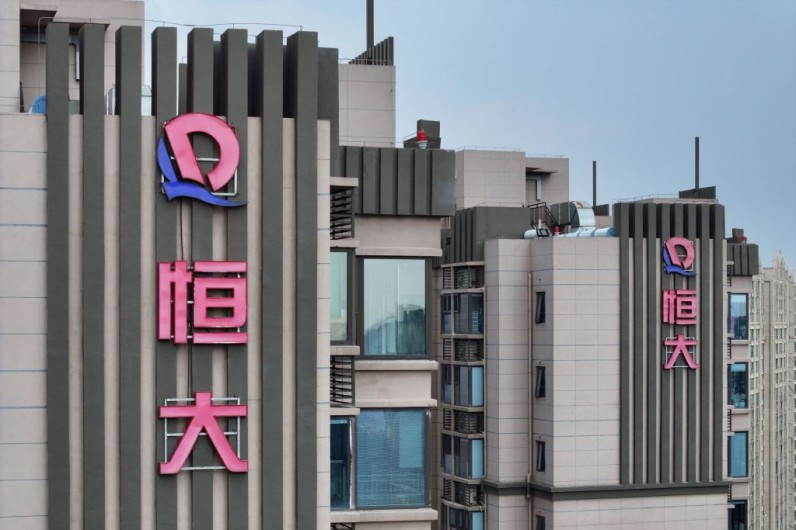China Evergrande Group, a real estate behemoth, was ordered to liquidate by a Hong Kong court on Monday, January 29. This can cause shockwaves in China's already shaky financial markets as authorities rush to stem the tide of a mounting crisis.

Liquidation Verdict
After observing that Evergrande had failed to provide a tangible restructuring plan over two years after defaulting on a bond repayment and after many court hearings, Justice Linda Chan chose to liquidate the most indebted developer in the world, with over $300 billion in total liabilities.
"Enough is enough," Chan said, adding that she would provide her precise rationale later on Monday, as reported by Axios.
Siu Shawn, CEO of Evergrande, assured Chinese reporters that the business would continue to deliver on house construction projects despite the liquidation order. He also clarified that Evergrande's onshore and offshore businesses will be unaffected by the decision.
Given the number of authorities involved, this decision sets the scene for a lengthy and complex procedure that may incorporate political factors. When a Chinese firm goes bankrupt, offshore investors will pay attention to the government's treatment of international creditors.
The lengthy process of liquidation would make Evergrande's everyday operations increasingly tougher, according to Gary Ng, senior economist at Natixis investment banking firm.
"It is not an end but the beginning of the prolonged process of liquidation," he said. "As most of Evergrande's assets are in mainland China, there are uncertainties about how the creditors can seize the assets and the repayment rank of offshore bondholders, and situation can be even worse for shareholders."
Reuters reported that prior to the hearing, Evergrande's stock price dropped by 20%. Following the decision, Evergrande's listed businesses, including China Evergrande New Energy Vehicle Group and Evergrande Property Services, were placed on hold for trading.
Prolonged Process?
In 2021, Evergrande sent the faltering property industry into a spiral by defaulting on its loans. The liquidation verdict is anticipated further to shock the already delicate Chinese financial and property markets. Notably, the corporation has $240 billion in assets.
Any further shock to investor confidence might derail Beijing's attempts to revive growth since the city is already dealing with an underperforming economy, its worst real estate market in nine years, and a stock market languishing at five-year lows.
After announcing "some progress" on the restructuring plan, Evergrande's counsel asked for another delay on Monday. Prior to the most recent hearing last December, the developer had a 30% holding in the subsidiaries; however, in the most recent offer, they suggested that creditors exchange their loans for all of the shares in the company's two Hong Kong entities.
Evergrande's counsel said liquidation would impact the company's property management and electric car divisions, affecting its capacity to repay creditors.







Join the Conversation